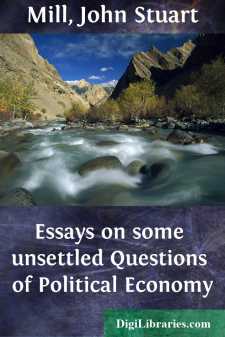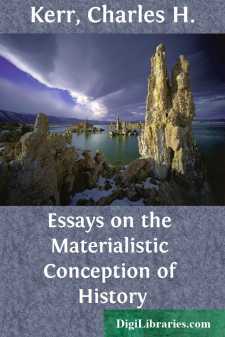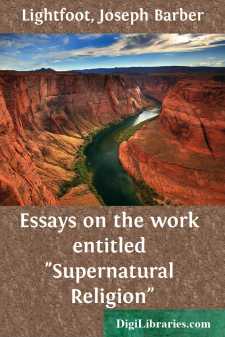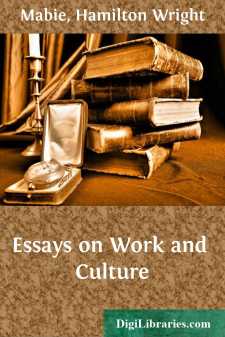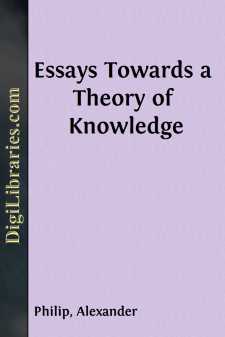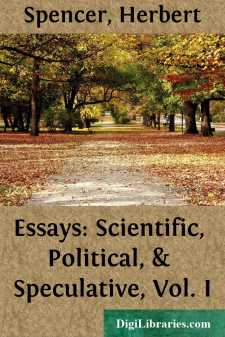Categories
- Antiques & Collectibles 13
- Architecture 36
- Art 48
- Bibles 22
- Biography & Autobiography 813
- Body, Mind & Spirit 142
- Business & Economics 28
- Children's Books 16
- Children's Fiction 13
- Computers 4
- Cooking 94
- Crafts & Hobbies 4
- Drama 346
- Education 46
- Family & Relationships 57
- Fiction 11829
- Games 19
- Gardening 17
- Health & Fitness 34
- History 1377
- House & Home 1
- Humor 147
- Juvenile Fiction 1873
- Juvenile Nonfiction 202
- Language Arts & Disciplines 88
- Law 16
- Literary Collections 686
- Literary Criticism 179
- Mathematics 13
- Medical 41
- Music 40
- Nature 179
- Non-Classifiable 1768
- Performing Arts 7
- Periodicals 1453
- Philosophy 64
- Photography 2
- Poetry 896
- Political Science 203
- Psychology 42
- Reference 154
- Religion 513
- Science 126
- Self-Help 84
- Social Science 81
- Sports & Recreation 34
- Study Aids 3
- Technology & Engineering 59
- Transportation 23
- Travel 463
- True Crime 29
Sort by:
BJÖRNSTJERNE BJÖRNSON I Björnstjerne Björnson is the first Norwegian poet who can in any sense be called national. The national genius, with its limitations as well as its virtues, has found its living embodiment in him. Whenever he opens his mouth it is as if the nation itself were speaking. If he writes a little song, hardly a year elapses before its phrases have passed into the common speech of...
more...
by:
John Stuart Mill
ESSAY I. Of the truths with which political economy has been enriched by Mr. Ricardo, none has contributed more to give to that branch of knowledge the comparatively precise and scientific character which it at present bears, than the more accurate analysis which he performed of the nature of the advantage which nations derive from a mutual interchange of their productions. Previously to his time, the...
more...
by:
John Armstrong
INTRODUCTION The essays on taste taken from the work of John Gilbert Cooper and John Armstrong and reprinted in this issue are of interest and value to the student of the eighteenth century because they typify the shifting attitudes toward taste held by most mid-century poets and critics. Cooper, who accepts the Shaftesbury-Hutchesonian thesis of the internal sense, emphasizes the personal, ecstatic...
more...
by:
Charles H. Kerr
PART I IN MEMORY OF THE COMMUNIST MANIFESTO. In three years we can celebrate our jubilee. The memorable date of the publication of the Communist Manifesto (February, 1848) marks our first unquestioned entrance into history. To that date are referred all our judgments and all our congratulations on the progress made by the proletariat in these last fifty years. That date marks the beginning of the new...
more...
I. INTRODUCTION. [DECEMBER, 1874] If the author of Supernatural Religion [Footnote 1:1] designed, by withholding his name, to stimulate public curiosity and thus to extend the circulation of his work, he has certainly not been disappointed in his hope. When the rumour once got abroad, that it proceeded from the pen of a learned and venerable prelate, the success of the book was secured. For this rumour...
more...
by:
Hannah More
INTRODUCTION. It is with the utmoÃ
¿t diffidence that the following pages are Ã
¿ubmitted to the inÃ
¿pection of the Public: yet, however the limited abilities of the author may have prevented her from Ã
¿ucceeding to her wiÃ
¿h in the execution of her preÃ
¿ent attempt, Ã
¿he humbly truÃ
¿ts that the uprightneÃ
¿s of her intention will procure it a candid...
more...
by:
Richard Flecknoe
INTRODUCTION TO THE SERIES ON WIT The age of Dryden and Pope was an age of wit, but there were few who could explain precisely what they meant by the term. A thing so multiform and. Protean escaped the bonds of logic and definition. In his sermon "Against Foolish Talking and Jesting" the learned Dr. Isaac Barrow attempted to describe some of the forms which it took; the forms were many, and it...
more...
Chapter I Tool or Man? A complete man is so uncommon that when he appears he is looked upon with suspicion, as if there must be something wrong about him. If a man is content to deal vigorously with affairs, and leave art, religion, and science to the enjoyment or refreshment or enlightenment of others, he is accepted as strong, sounds and wise; but let him add to practical sagacity a love of poetry...
more...
by:
Alexander Philip
TIME AND PERIODICITY We can measure Time in one way only—by counting repeated motions. Apart from the operation of the physical Law of Periodicity we should have no natural measures of Time. If that statement be true it follows that apart from the operation of this law we could not attain to any knowledge of Time. Perhaps this latter proposition may not at first be readily granted. Few, probably,...
more...
by:
Herbert Spencer
THE DEVELOPMENT HYPOTHESIS. [Originally published in The Leader, for March 20, 1852. Brief though it is, I place this essay before the rest, partly because with the exception of a similarly-brief essay on "Use and Beauty", it came first in order of time, but chiefly because it came first in order of thought, and struck the keynote of all that was to follow.] In a debate upon the development...
more...



